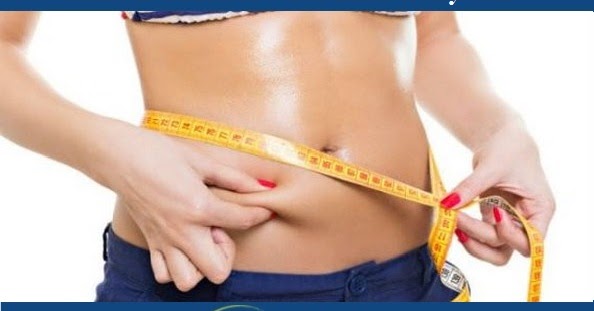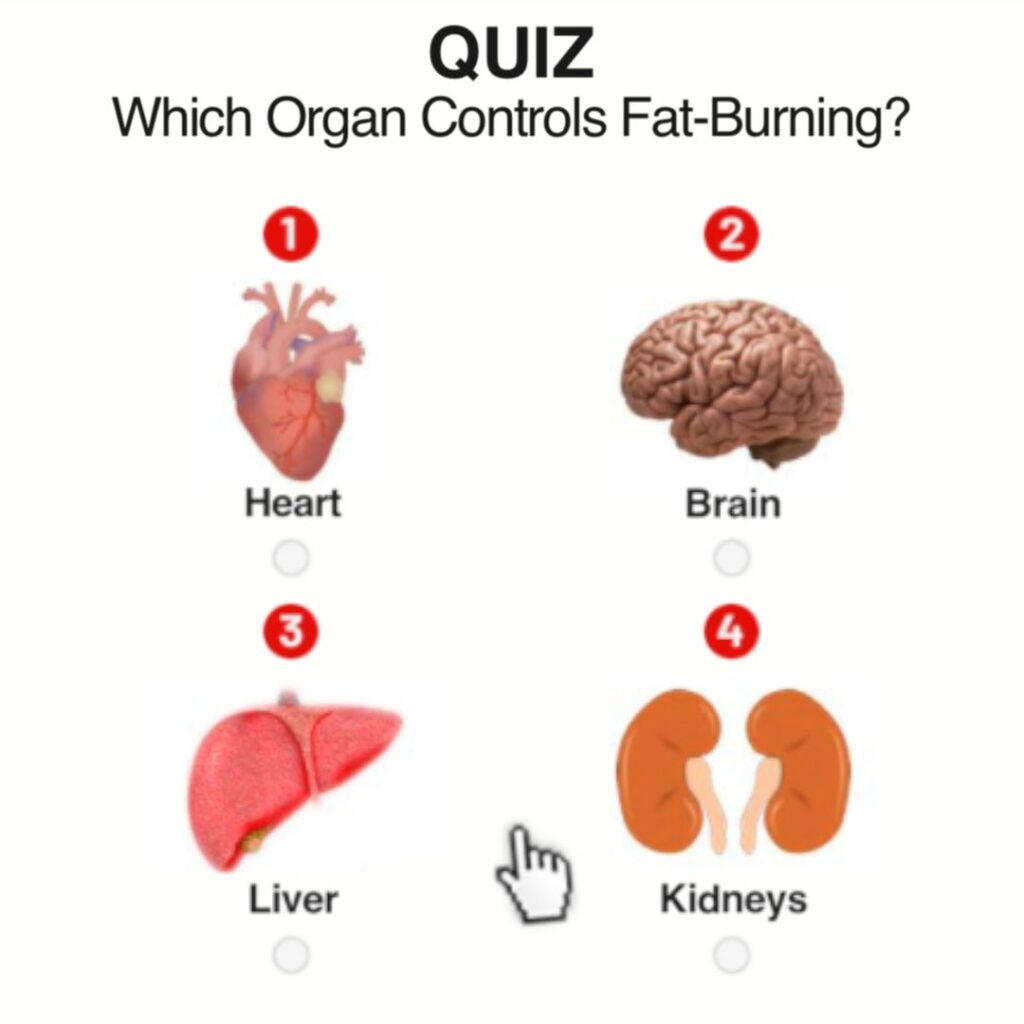It’ s Friday night and you have had an especially rough week at work and you just want to relax a bit by having a couple strong drinks. Or you just want to hang out with your buddies and have some fun which means having a few beers.
You check you blood sugar and it’s within the normal range so a few drinks won’t hurt. Unfortunately a few turn into five and you begin to feel a little tipsy.
Would your friends or family recognize that you are tipsy and not suffering a form hypoglycemia? Does your friends even know that you are diabetic? Are you wearing your diabetic bracelet?
This scenario plays out every weekend across America. And I have personally been a witness of this on many occasions.
The symptoms of hypoglycemia and intoxication are very similar. In both cases there is disorientation, dizziness and a need to lay down.
The person who is truly intoxicated does need to sleep it off, however for a diabetic this could be a life threatening situation.
Alcohol’s effect on blood sugar is to lower it for up to 12 or more hours after consumption. Unfortunately, if someone mistakenly administers insulin to someone who is hypoglycemic they are making a bad situation worse.
Effects of alcohol on diabetics
In addition to causing inebriation alcohol affects diabetics in unique ways and care must be used when imbibing.
As stated earlier, the immediate effect of alcohol is to cause your body to lower blood sugar levels long after you have had you last drink causing you to become hypoglycemic. The symptoms of hypo are hunger, dizziness, nervousness, shakiness and unusual sweating, confusion or sleepiness.
If drinking drinks with a high carb content such as wine coolers or overly sweetened mixed drinks, then the opposite effect could take place whereby you develop a high blood sugar level causing you to become hyperglycemic.
As everyone knows alcohol does affect your liver and it is a major organ involved in the regulation of blood sugars.
Certain diabetic medications do not mix well with alcohol. It’s important to verify with your doctor whether you can have alcoholic beverages with the meds you are taking.
How to treat someone who is hypo/hyper
If you or someone you know is suffering from hypoglycemia you will need to increase their blood sugar level. Do this by having a sugar tablet or a sweetened drink or candy bar or any food with a high glycemic content. Seek medical attention as soon as possible.
In the case of hyperglycemia, you need to lower the amount of sugar in the blood. Insulin is the lifeline for someone suffering from this condition. There are many other forms of medication to accomplish the same effect . . . . so be ready if you notice that you are feeling dehydrated. This can manifest itself in the form of extreme thirst, dryness in your mouth and the need to urinate often.
If you are going out for the evening then make sure to check you sugar levels before, during and after consuming any alcohol.
Be sure to have a healthy meal prior to having any form of alcohol as drinking on an empty stomach will accelerate its effects.
Sip your drinks slowly and when having strong spirits mix it with water or milk or some other form of low sugar drink.
Check you sugar level before, during and after having any alcohol. And of course make sure to have some form of sugar before going to bed if you have been drinking.
Be sure to let those you are with know that you are diabetic and wear an identifying bracelet or necklace to let the world know you condition.
The recommended amount of alcohol that diabetics should have is – 1 drink for women and two for men – per day.
One drink is equal to a 12 oz beer, 5 oz glass of wine or 1 ½ oz hard liquor (vodka, whiskey, gin, etc.).
Follow these guidelines and remember if you are drinking . . . . do not operate any motor vehicles or other machinery.
Visit exercises for diabetics today for more information on how to prevent diabetes.






I really liked your post.Really thank you! Really Great.